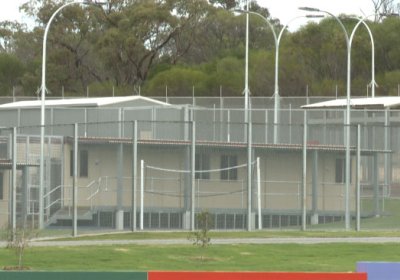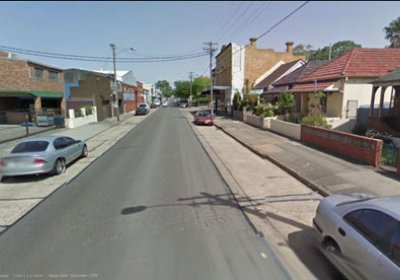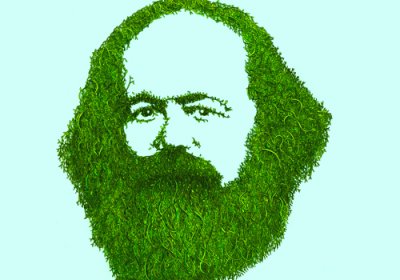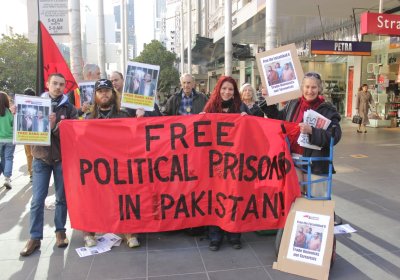A new report funded and supported by the British government accuses Israel of violating international law with its treatment of Palestinian child detainees, Electronic Intifada said on June 28.
It was was launched in London by a high-profile group of human rights lawyers on June 26.
928
The student movement in Quebec is facing a crucial summer of discussion and organising.
Law 78, which suspended classes at strike-bound institutions in May, directs their resumption in mid-August. The government of Liberal Party Premier Jean Charest is preparing a judicial and police assault against striking students and their associations. It aims to force open school doors and see its proposed 82% university tuition fee hike over seven years prevail.
The letter published below was circulated by the United States-based Just Foreign Policy. It was signed by more than 100 prominent people, mostly from the US. Signatories include film directors Michal Moore and Oliver Stone, authors Noam Chomsky and Naomi Wolf, journalists Glenn Greenwald and Chris Hedges, and Vietnam War-era whistleblower Daniel Elsberg. See here for the full list.
Sudanese President Omer Al Bashir has described anti-government protesters as foreign agents, agitators and “bubbles”. Yet unrest may boil over as it continues to spread and protesters vow they won’t stop until the regime falls.
The movement against the government was boosted on June 29 with large protests in Khartoum and its twin city Omdurman as well as at least a dozen cities outside the capital for the “day of elbow-licking”.
The newly opened Yongah Hill detention centre in remote Western Australia is “probably one of the most secure facilities in the entire network,” immigration media manager Sandi Logan said on June 25.
The new detention centre is about 90 kilometres north-east of Perth, about five kilometres outside the rural town of Northam. The $125 million centre was a disused army barracks and will house up to 600 male asylum seekers.
It is now fitted with electric fences, “scale-proof” walls, cameras and bars on most windows, said an AAP reporter who visited the site.
Many have taken mining boss Gina Rinehart's bid to take up a seat on Fairfax's board of directors by buying up almost 20% of the media company's shares as a threat to its “independence” and “quality journalism”. But many opponents of Rinehart's bid are glossing over Fairfax's ugly record.
A Rinehart-controlled media would do much damage to the possibility of informed public discussions in Australia.
July 1 is the new financial year and the start of many new government policies. This year, the carbon and mining taxes, and expansion of income management, or welfare quarantining, to five new locations.
People receiving Centrelink payments and living in Playford in South Australia, Logan and Rockhampton in Queensland, Greater Shepparton in Victoria, and Bankstown in NSW may be subject to the new system.
The carbon and mining taxes have generated hysterical debate, but the extension of income management has been noticeably underreported.
The problem of homelessness, high rentals and unlicensed boarding houses in Sydney’s inner west — often though of as one of the wealthier areas of Sydney — is growing, said Paul Adabie, acting director of the Newtown Neighbourhood Centre (NNC).
Adabie told Green Left Weekly these acute housing problems faced by the most disadvantaged and vulnerable.
Having taken her share in Fairfax Media to nearly 20%, Gina Rinehart has demanded a greater say in the workings of Fairfax, including editorial matters at its major papers The Age and The Sydney Morning Herald.
Fairfax’s board has so far rejected Rinehart’s manoeuvres, saying she must first commit to signing the “Fairfax Media Charter of Editorial Independence”, which is based on the “fundamental and longstanding principle of editorial independence”.
The Transform Drug Policy Foundation recently informed me of Count the Costs: 50 years of the war on drugs, a new online research tool developed to educate people on the need for drug law reform.
The world today is plagued by many crises. Economies are in recession. The world is wracked by war. And poverty is still rampant for the world's majority. Alongside all of this, our environment, and our climate, is increasingly under pressure, threatening all life on the planet.
The climate crisis strikes at the very heart of our societies. We need to question the way we operate, the way we allocate and use our resources, and the way we develop infrastructure, so that we can create a more sustainable world.
A June 27 speakout in the Bourke Street Mall called for the freeing of political prisoners in Pakistan and condemned the Pakistani state’s use of the Western-sponsored “war on terror” as a pretext for cracking down on community activists and trade unionists. The speakout was use to collect signatures names on an international open letter.
- Previous page
- Page 3
- Next page









